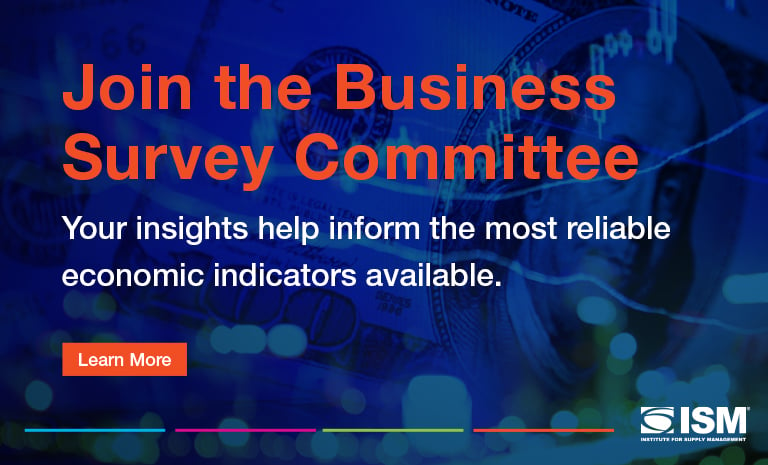How to Drive Accountability on the ‘S’ in ESG

Tesla’s fall from the S&P 500 ESG Index due to poor environmental, social and governance (ESG) scores skyrocketed this acronym into the headlines, amid a flurry of confusion. How can a company whose products are designed to be environmentally responsible exhibit a poor score in social standards?
Investors and stakeholders often question the social component, seeing it as a composite of measures that fails to assess a company’s social performance because it lacks targets and impact. Supplier diversity can be positioned to fill this gap.
ESG and Value Creation
ESG reporting has three pillars or areas of focus, designed to support the United Nations’ (U.N.) 2030 Agenda for Sustainable Development. With the help of activists, media and investors creating awareness, there has been progress in delivering environmental change. Environmental issues such as greenhouse gas (GHG) emissions are becoming household words and include demand for action.
Progress also is in part attributed to the use of metrics with explicit targets. ESG reporting established a connection between GHG and climate change. Companies are required to disclose their commitment to addressing GHG with a timeline for implementation. For environmental issues, ESG reporting connects action with accountability.
The other two components are not as impactful. Governance is often considered an organizational necessity, as simply a must-have, yet it is not explicitly measured. Deficiencies in governance often are discovered after the fact — especially failures, such as with the subprime mortgage crisis and Enron.
Social can seem more like a catch-all category with a broad remit that is poorly articulated. To provide better clarity and definition, professional services giant EY segmented social into two areas: people and prosperity. The people agenda focuses exclusively on the workplace, while prosperity is defined as “the company’s role in furthering economic, technological and social progress in a community,” according to How Common Metrics Can Drive Long-Term Value Creation. The metrics associated with prosperity include total taxes paid, R&D and unemployment rate. The missing piece is a compelling call to action.
Investors have expressed concern that the social pillar lacks standardization and a connection with a company’s actions. Supplier diversity data can be positioned as the missing connection, developing sustainable communities through the use of diverse suppliers, while simultaneously providing business value.
Change the Positioning of Social
Supplier diversity practitioners understand the connection between using diverse suppliers and building sustainable communities. Practitioners also know that using diverse suppliers can provide a measurable business impact. Clearer articulation of this is necessary, however, for it to resonates with a wider audience. This subtle shift in positioning unifies the social pillar around the use of diverse suppliers and actionable metrics that are currently tracked.
For data points, using the number and spend with diverse suppliers makes sense. These are easily measured and managed. Their definition is the same across companies, communities and countries.
Following EY’s refinement, subdividing social into prosperity and workplace — instead of social being a cornucopia of metrics — enables companies to focus on actionable and measurable results. With this change in definition, companies can be accountable for improving diverse communities through their use of diverse suppliers.
By making such actions timebound and impactful — just as GHG emissions commitments require companies to provide a plan — can be even more powerful. One way to do this: Require all companies to identify which of their suppliers are diverse businesses by 2025, with a plan for growing this number.
ESG’s oversight and metrics on environmental concerns has produced results. Applying a similar discipline to the social pillar can result in actions that develop diverse communities in a way that is sustainable and impactful.
Redefining the social agenda can be transformative, focusing companies on inclusive procurement and delivering the results envisioned by the U.N.’s 2030 agenda, while improving the lives and prospects of everyone everywhere.

